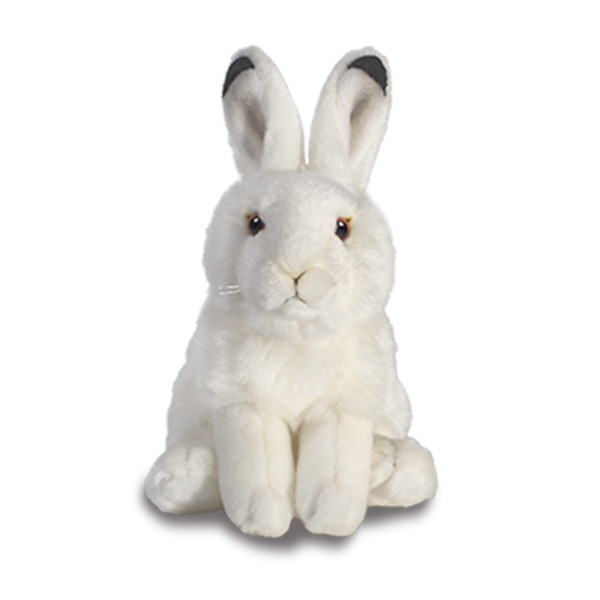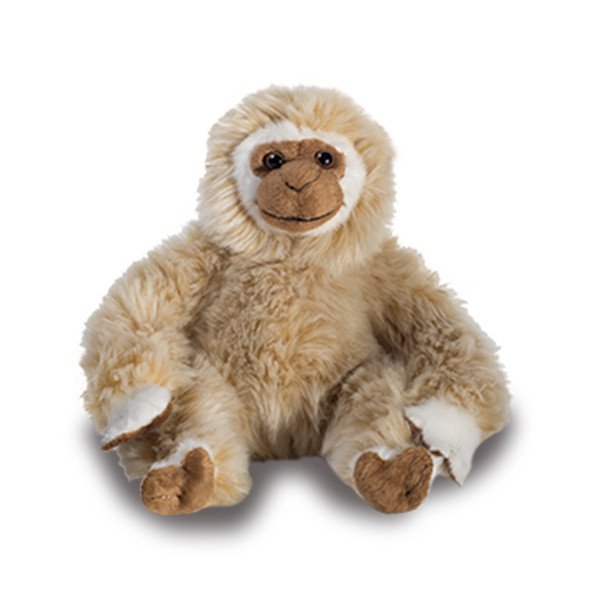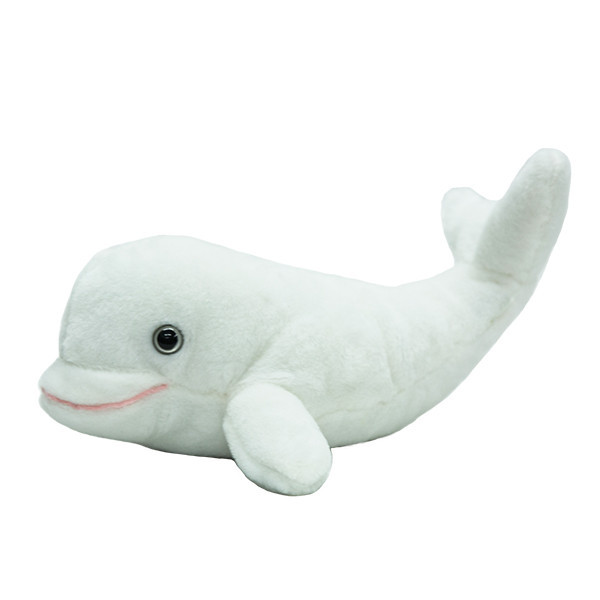Four new species to adopt including the Arctic hare, Asian turtle and white-handed gibbon
Just in time for the holidays, we are introducing four new species that you can symbolically adopt for yourself or anyone on your holiday gift list. When you symbolically adopt a species, you’re giving an extraordinary gift while supporting WWF’s work to build a future where people and nature thrive. Each adoption kit includes a high quality wildlife plush, personalized adoption certificate, a stunning species poster that tells you more about your species and the work you are supporting, and a reusable gift tote bag. In addition to feeling good about your gift, you will also receive a charitable tax receipt.
Let’s meet our new species!
Arctic hare

Facts: Arctic hare’s are very adaptable to their environment. Their white winter coat camouflages the Arctic hare against snow. In the spring their coat changes to a blue-grey colour, allowing them to hide out of sight with the rocks and vegetation from predators.
White-Handed Gibbon

Facts: White-handed gibbons can be found swinging effortlessly from branch to branch in the tropical rainforests of southern and southeast Asia. Deforestation has significantly reduced their range. Living in small family groups, these tailless apes occupy the upper forest canopies, where the duets they sing can be heard far and wide.
Asian Turtle

Facts: Slowly roaming the earth for the last 200 million years, Asian turtles are amongst the oldest of all living reptiles. Their preferred habitats support a leafy green diet, but these habitats are becoming far and few with rapidly increasing rates of deforestation and wildfires.
Beluga

Facts: Recognizable by their ‘smiling’ upturned mouth and their ‘singing’ – the call sounds of their whistles and squeals — the beluga whale, or “canary of the sea,” is an extremely sociable mammal. As a pod, the Arctic belugas move easily among protective sea ice, evading capture from their predators.
Visit our e-store shop.wwfcastg.wwf.ca for all your holiday gift options from WWF and help give a meaningful gift that keeps on giving!
